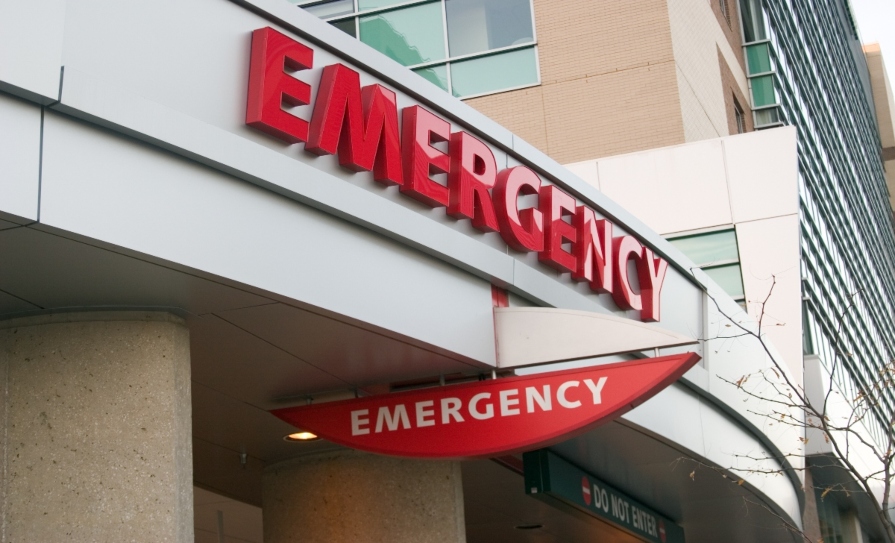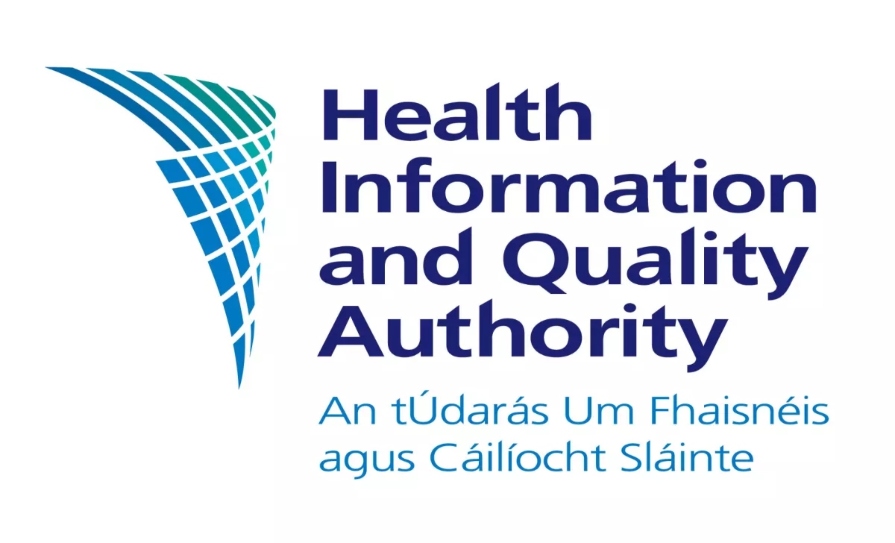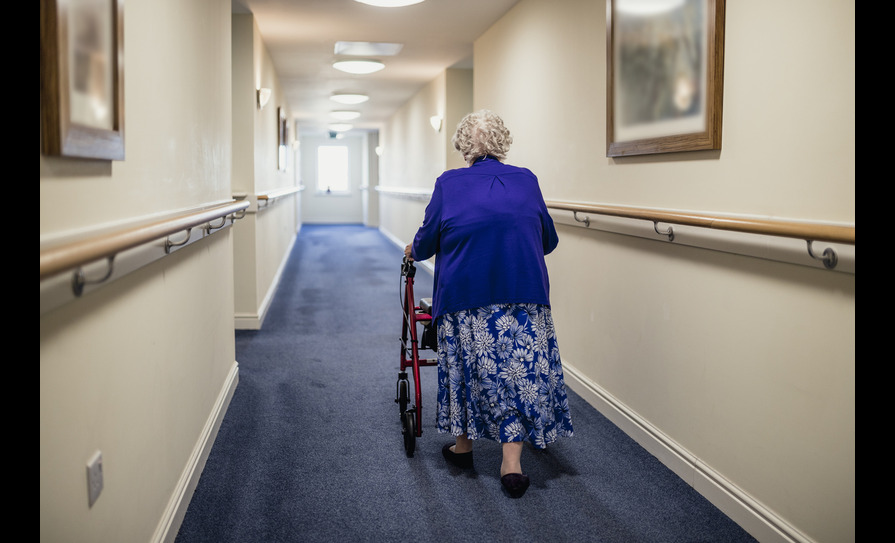The Irish Association of Emergency Medicine (IAEM) has heavily criticised a recent letter from the RCPI to hospitals calling for end of the practice of medical trainees evaluating patients coming through emergency departments (EDs) before they are assessed by an ED doctor.
The letter in question was written by Prof John McDermott, Associate Director, Basic Specialist Programme, RCPI, on 13 March.
“It has come to my attention that a number of hospitals are now triaging patients presenting to emergency departments as ‘medical’ and referring them for evaluation by BST trainees without them first having been reviewed and appropriately worked up by emergency department doctors,” according to the letter.
“I would be grateful if you could ensure that this is not happening in your hospital – the practice may initially have arisen as a response to the Covid pandemic, but hospitals where it is still occurring are at risk of having their status as BST training sites removed. The RCPI Institute of Medicine will be reviewing training sites in the coming academic year to ensure compliance.”
In a statement issued today (24 March), the IAEM referred to the letter as “tone deaf”.
The Association pointed out the letter comes during a period “of unremitting, unprecedented demand, manifested as excessive wait times to be seen by a doctor for patients presenting to our hospitals with an emergency or urgent medical problem”.
The IAEM argues that the ‘traditional’ pathway is overwhelmed when the numbers of patients presenting and their acuity or complexity exceeds the capacity of the ED medical staff to see, treat, discharge or refer in a timely fashion.
The streaming of suitable patients from triage to acute medical assessment units to avoid this ‘bottleneck’ occurs in many hospitals to alleviate the situation, according to its statement.
It states this model is described in the Acute Medicine Report in 2010 and has historically been strongly supported by RCPI.
Furthermore, in the recent Christmas and New Year period, where hospitals were inundated with emergency presentations, the IAEM points out how the HSE’s Chief Clinical Officer (CCO) advised that a system of distributing patients to on-call teams happen earlier in such patients’ care in response to large numbers of very sick (triage category 2) patients not being seen in a timely manner.
“Unfortunately, it would seem that RCPI has very inappropriately targeted these important patient-centred patient safety developments in their threats to hospitals of withdrawing medical trainees. It must be remembered that such trainees and training programmes are actually funded through the HSE by the tax payer,” according to the IAEM.
“The Association is aware that the HSE CCO has since written to hospitals advising that his guidance remains in place, notwithstanding RCPI’s intervention and the Association therefore calls upon RCPI to withdraw its ill-considered missive and focus on the needs of patients.”
To provide context to the letter, the RCPI has commented that trainees in the Institute of Medicine BST and HST programmes provide care for patients who have been assessed in the emergency department and are deemed to require a medical assessment or admission.
The trainees also provide care within a medical assessment unit structure for patients with acute medical issues.
“Internal medicine training is focused on inpatient care and follow up and not on the initial assessment of unselected patients referred to the emergency department,” according to the RCPI.
“The letter clarifies that doctors on the Institute of Medicine training programme work with patients who have been triaged for admission to hospital. They do not assess patients for admission in the ED. As the letter states, this practice may initially have arisen as part of the response to the Covid pandemic.
“Where it is still occurring, it points out, that these training sites are at risk of having this training status removed in a future review.”
The Institute of Medicine is the largest accredited specialist medical training body within the RCPI. There are currently 560 doctors on the basic specialty training programme working at accredited hospital sites.












Leave a Reply
You must be logged in to post a comment.